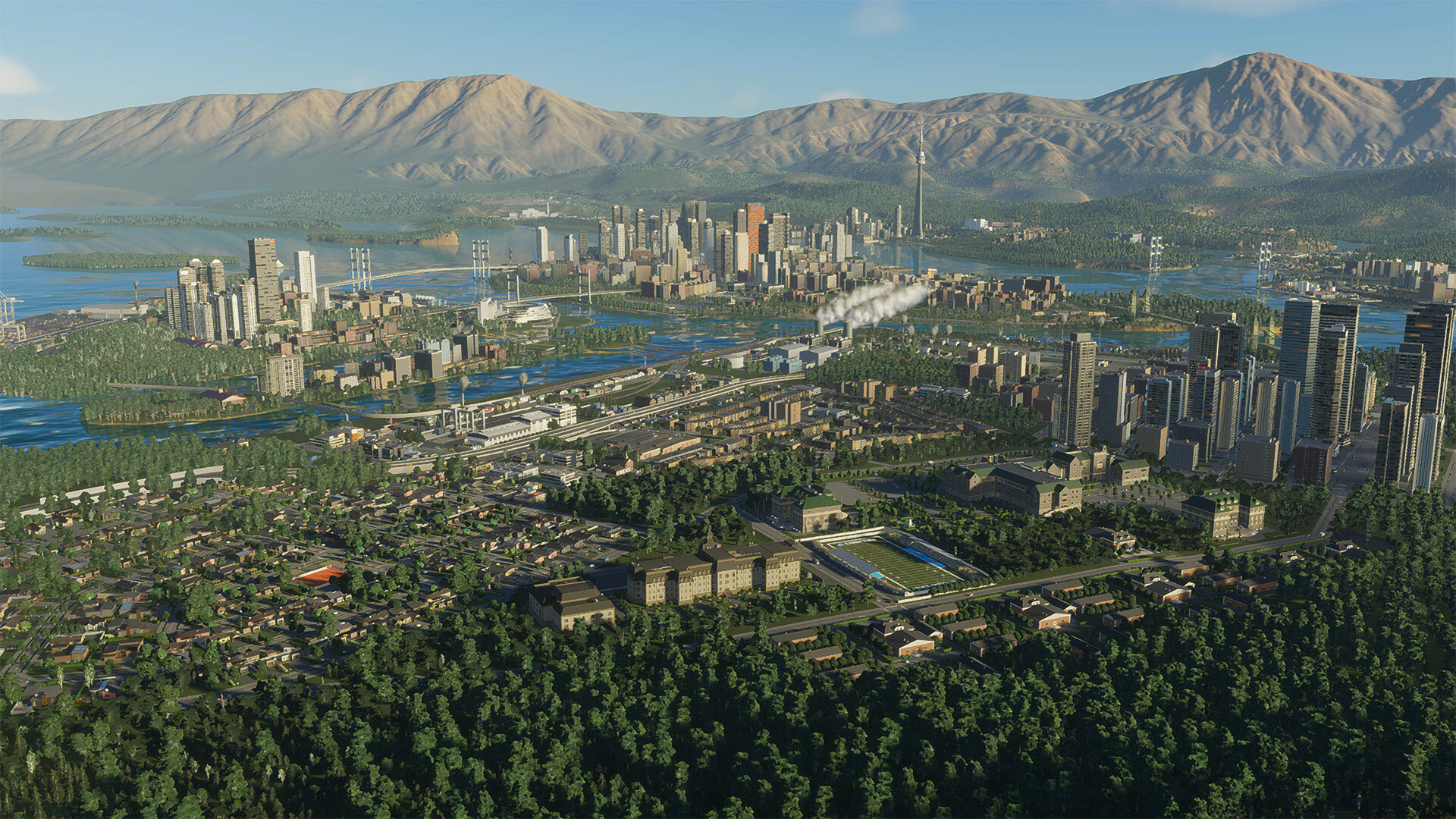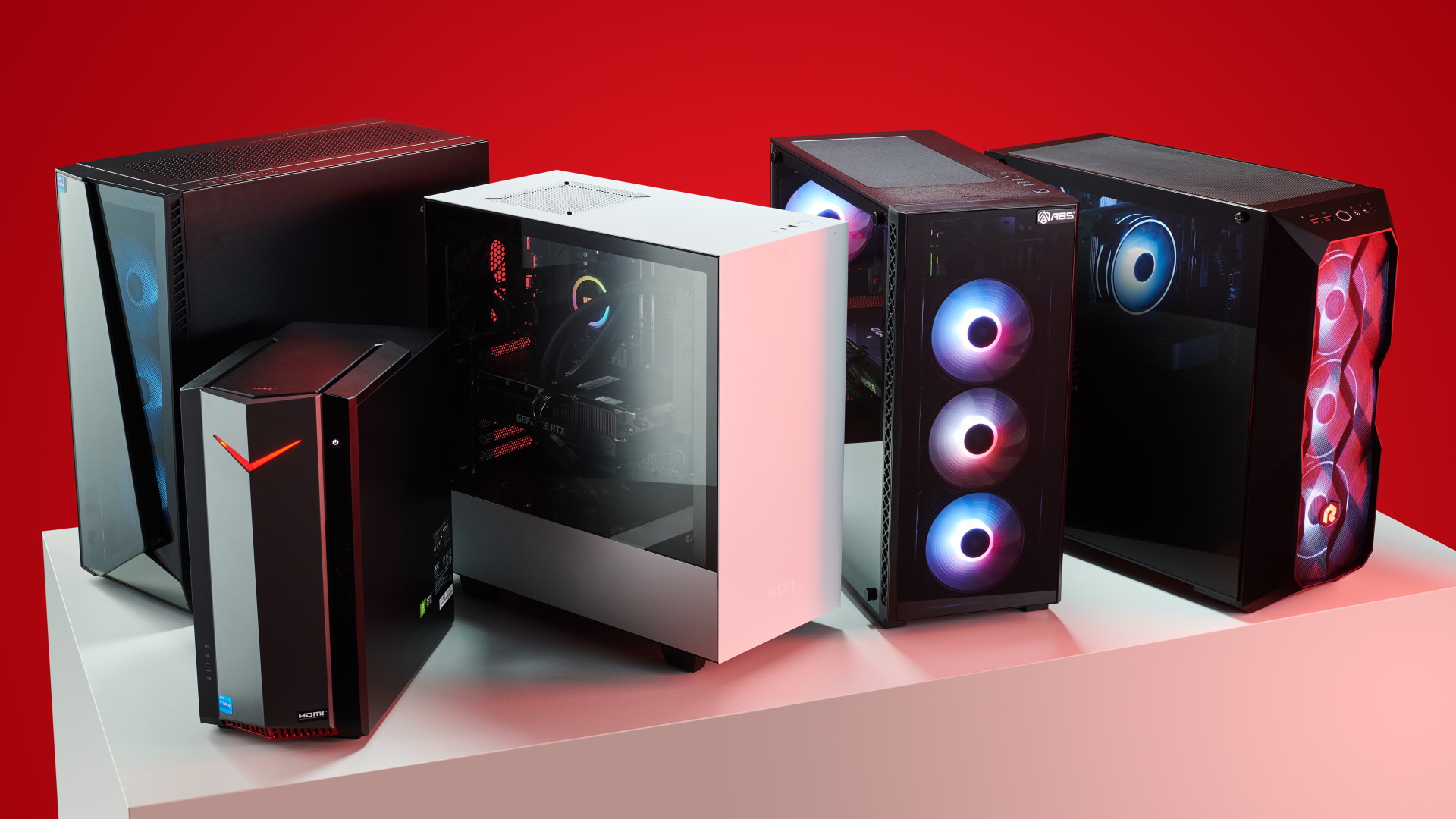Cities: Skylines 2 devs designed the game to target 30 fps because 'there's no real benefit to aim for higher'
It's a fair point and one well made, but it's still a tough pill to swallow if you're playing on a high-end PC.

In a recent Reddit AMA, the team behind Cities: Skylines 2, fielded a host of questions from the gaming community. Amongst all of its responses was a comment by Colossal Order's Chief Technical Officer, saying that the game was made with a performance target of 30 fps. Why? Because the developers don't believe there would be a long-term benefit in pushing it up to 60.
As a sequel to the immensely popular Cities: Skylines, fans undoubtedly expected the game to have better graphics and more expansive cityscapes to build and manage. Possibly what they weren't expecting was for the game to be extremely demanding on PC hardware, to the point that a mega-expensive machine would struggle.
The folks over at IGN spotted the specific comment by the CTO and it's only fair to highlight exactly what they said:
'The target is 30fps because of the nature of the game, (arguably) there are no real benefit in a city builder to aim for higher FPS (unlike a multiplayer shooter) as a growing city with inevitably become CPU bound. What matters more with this type of game is to avoid stutters, and have responsive UI.'
They went on to clarify this a little more with:
'For that reason, our simulation is also built around an expected update rate given 30fps. However, it does not hurt to get 60 fps as it can contribute to better visuals in relation to temporal effects so while our target is 30fps, we don't intend on limiting or stopping the optimization work just because we reach it on recommended hardware, we just don't believe there would be a long term benefit in setting the target to 60fps, especially because we face rendering challenges both from close up and far distances.'
The gist of the argument is that Cities: Skyline 2 is a next-gen game. Now that's a phrase normally associated with consoles and the game was made for the PS5 and Xbox Series X/S, as well as the PC. But for me, it doesn't feel right to be classing any PC game in this manner.
The biggest gaming news, reviews and hardware deals
Keep up to date with the most important stories and the best deals, as picked by the PC Gamer team.
I don't have any issue with strategy or simulation games running at 30 fps, and one of my all-time favourites Hearts of Iron 4 can become grindingly slow in the endgame stages. I don't like the fact that it performs so poorly but I can accept it based on the fact that the engine it uses is as old as the game's historical setting.
However, a brand new game, using the latest PC hardware and technology available, shouldn't be routinely grinding itself well below 30 fps. Especially not on systems worth thousands of dollars.

Best gaming PC: The top pre-built machines.
Best gaming laptop: Great devices for mobile gaming.
Colossal Order is a pretty small team, though, and there's only so much a handful of programmers can achieve. In the AMA, the CTO did say that the group was working on a number of improvements, such as removing stutters caused by synchronisation conditions, as well as balancing GPU performance by decreasing the amount of geometry needed to be rendered.
Performance woes aside, Cities: Skyline 2 is a decent enough game and hopefully with support by publishers Paradox Interactive, the developers can get on top of things and have it running at a constant (and therefore, smooth) 30 fps on PCs that should be more than capable of doing so.

Nick, gaming, and computers all first met in 1981, with the love affair starting on a Sinclair ZX81 in kit form and a book on ZX Basic. He ended up becoming a physics and IT teacher, but by the late 1990s decided it was time to cut his teeth writing for a long defunct UK tech site. He went on to do the same at Madonion, helping to write the help files for 3DMark and PCMark. After a short stint working at Beyond3D.com, Nick joined Futuremark (MadOnion rebranded) full-time, as editor-in-chief for its gaming and hardware section, YouGamers. After the site shutdown, he became an engineering and computing lecturer for many years, but missed the writing bug. Cue four years at TechSpot.com and over 100 long articles on anything and everything. He freely admits to being far too obsessed with GPUs and open world grindy RPGs, but who isn't these days?

